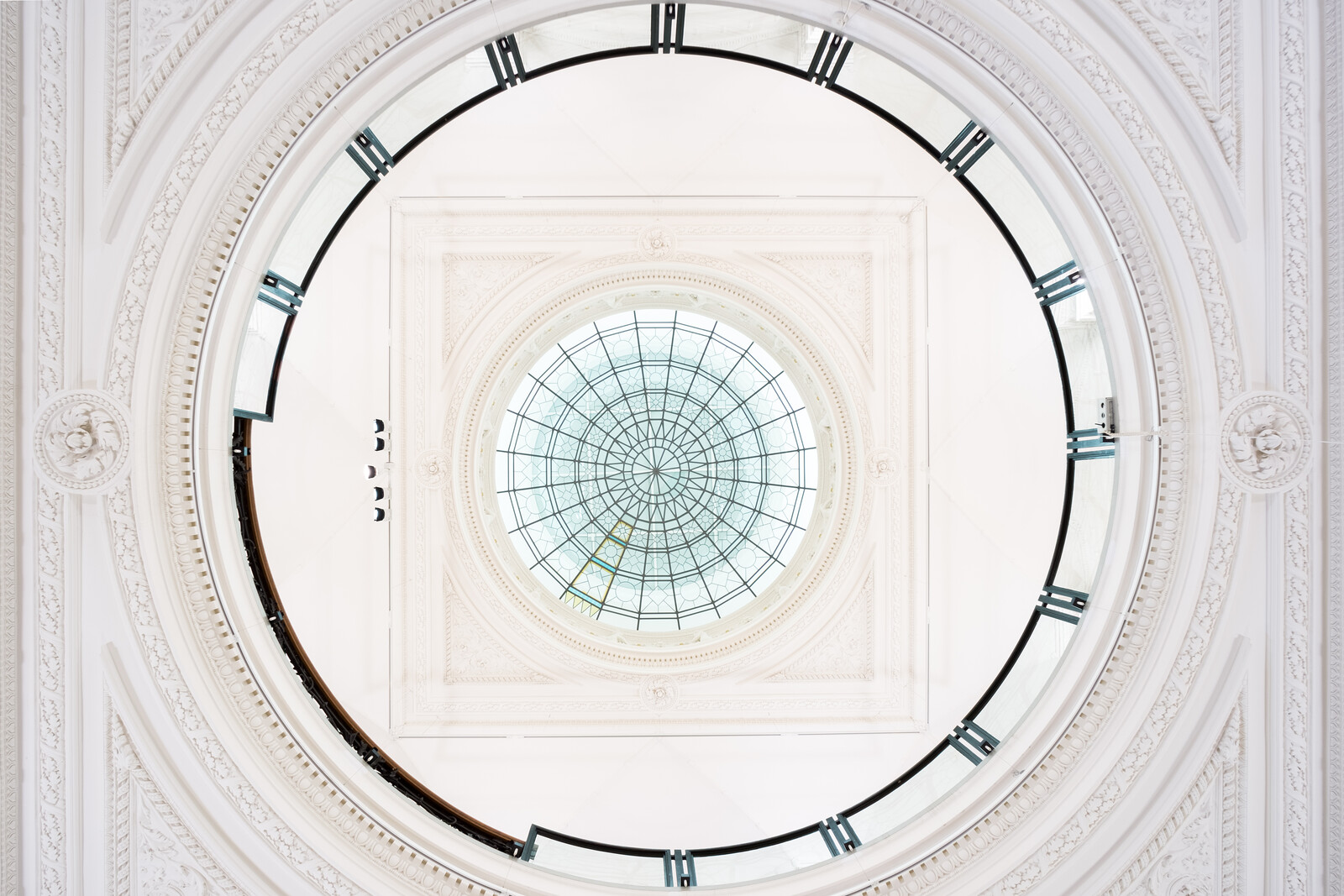Niederkirchnerstraße 7
10963 Berlin
Germany
Hours: Wednesday–Monday 11am–7pm,
Saturday–Sunday 10am–7pm
T +49 30 25486384
presse@gropiusbau.de
Stephanie Rosenthal has taken up the reigns as the new director of the Martin-Gropius-Bau in Berlin. She began her tenure on February 1 with a statement that highlights her commitment to looking back at the institution’s heritage. Designed in Renaissance style, the building housed various institutions and collections, such as the Museum of Decorative Arts and the School of Decorative Arts, which included artists studios and workshops. Following the maxim of “Walking in the Artist’s Mind,” Rosenthal makes artists a central part of the programme as contributors and artists in residence. In addition, she will continue the tradition of presenting archaeological exhibitions and linking these to contemporary positions and current discourses.
From February 2018
Wu Tsang
Wu Tsang has been invited for a year-long residency at the Martin-Gropius-Bau. Her artistic practice explores various states of connectedness and “in-between”ness. Often this fluidity manifests itself as collaboration, or in the merging of disciplines, such as performance, moving image, sculpture and installation. Wu Tsang’s work collapses the boundaries between documentary and fiction, as a way to reflect on the meanings associated with traditional forms of image creation.
During the residency, rooms on the upper floors of MGB will function as a studio and workshop, and will be open to the public on a regular basis. Freed from confining temporal and spatial limitations, Wu Tsang will re-envision the concept of the “exhibition” and present this to the public in 2019.
April 20–July 22, 2018
Ana Mendieta
Ana Mendieta represents one of the most outstanding artistic positions of the 1970s and 1980s. The Martin-Gropius-Bau will present her multi-layered film work, which has been recently restored and digitised, the result of several years of research work.
Ana Mendieta’s work moves freely between disciplines such as body art, land art and performance art, without adhering to any particular medium or movement. The common element is the recurrent use of the abstracted shape of the female form in dialogue with the surrounding environment of nature—not least in order to question the separation between nature and the human body. Her artistic work transcends many boundaries, including those of artistic disciplines, geographic and political spaces, and research into history, gender and culture.
Organised by the Katherine E. Nash Gallery at the University of Minnesota, curated by Lynn Lukkas and Howard Oransky.
September 2018–January 2019
Lee Bul. Visionary Landscapes
Considered one of the most important Korean artists of her generation, Lee Bul has received much international recognition for her formally inventive and intellectually provocative work. A mix of performance and installation art, her multifaceted output explores dreams, ideals and utopias influenced by futuristic theories and science fiction, bioengineering and visionary architecture, as well as Japanese anime and manga.
During her 30-year artistic career, Lee Bul has witnessed South Korea’s evolution from a military dictatorship to democracy in constant confrontation with North Korea, located just a few miles away. Her works attest to an intense reflection on historical and political discourses, the challenges of globalisation and technical progress, but also the ideals of human and social perfection and their potential failure.
Organised in collaboration with the Hayward Gallery London, curated by Stephanie Rosenthal.
Also on view this year:
Berliner Festspiele’s project series Immersion produces an exhibition by Philippe Parreno conceived as a Gesamtkunstwerk (May 25–August 5, 2018), and under the title Welt ohne Außen, Tino Sehgal and Thomas Oberender will bring together artistic positions on immersive spaces since the 1960s (June 8–August 5, 2018). Within the immersive sound and 360° visual exhibition ISM Hexadome, each work opens a door into a world crafted in sonic and visual detail, demonstrating the power of spatialisation for sound (March and April 2018). The guest exhibition Gurlitt: Status Report addresses the provenance of 250 works that have been hidden from public view for decades (September 14, 2018–January 7, 2019), while Restless Times. Archaeology in Germany demonstrates that communication and interconnectedness beyond regional borders has fundamentally influenced various facets of life since prehistory (September 21, 2018–January 6, 2019).
For more details on the programme, please visit our website: www.gropiusbau.de
Press contact: Annie-Claire Geisinger, presse [at] gropiusbau.de
Martin-Gropius-Bau is part of Berliner Festspiele.

